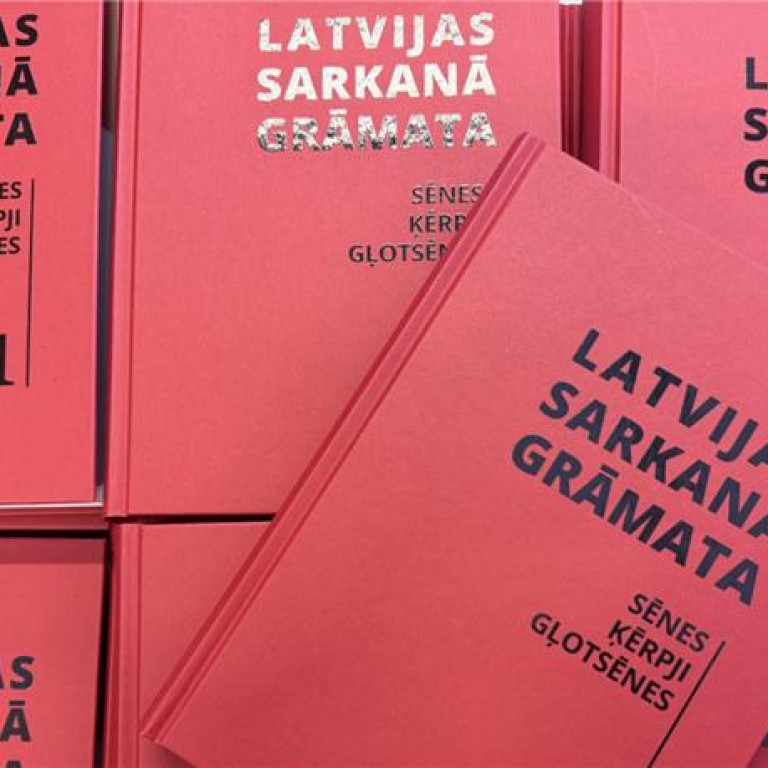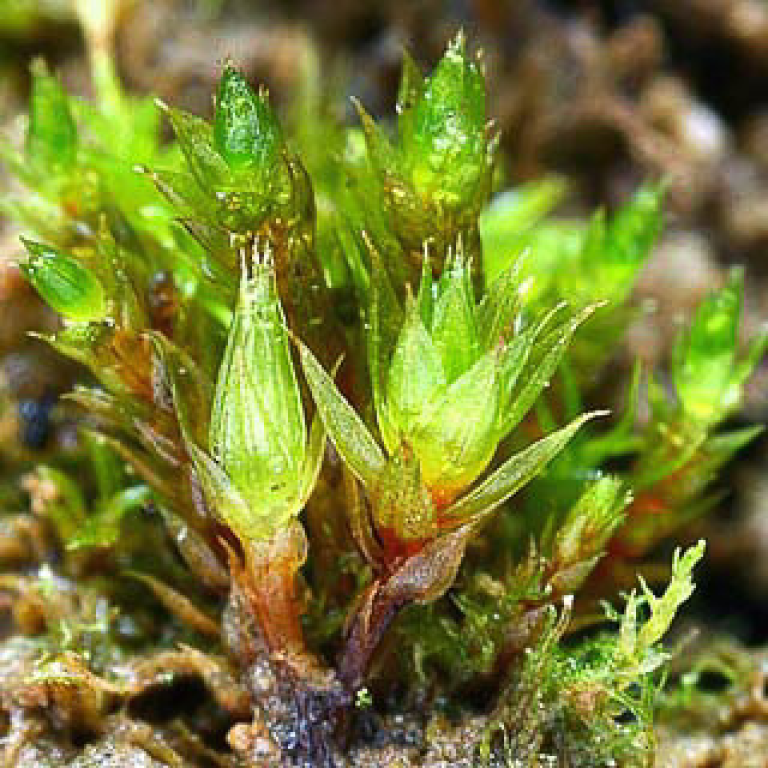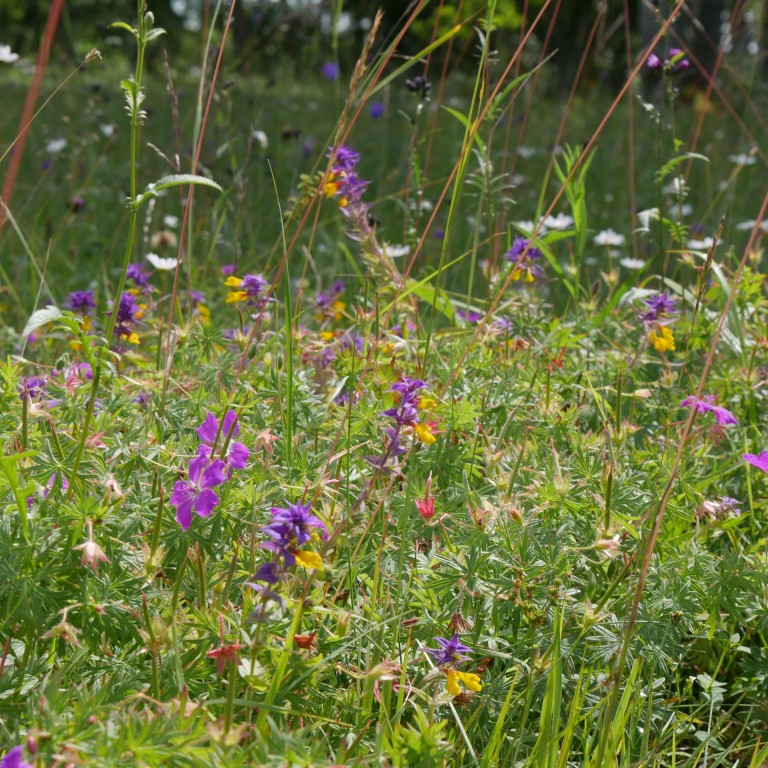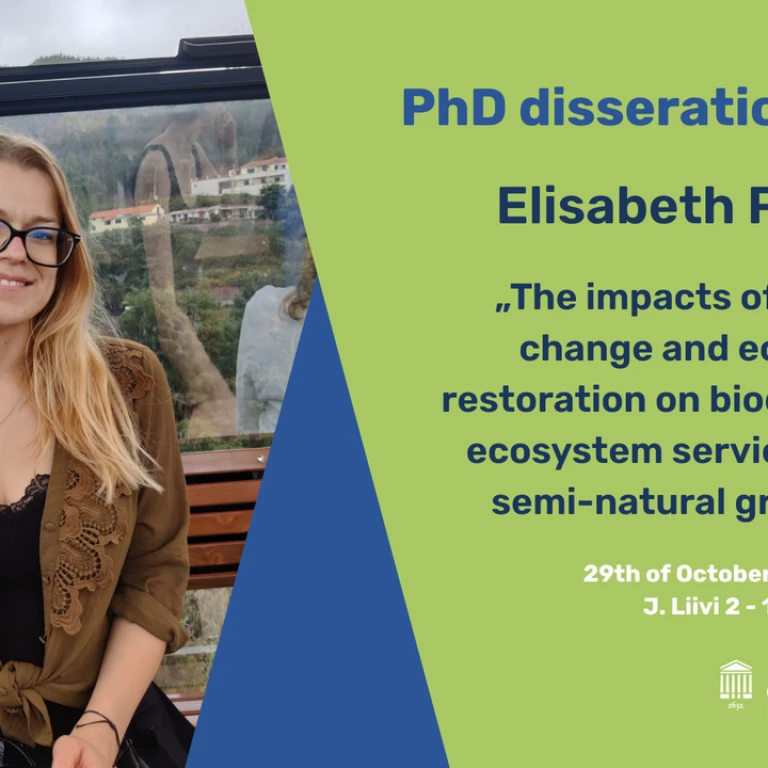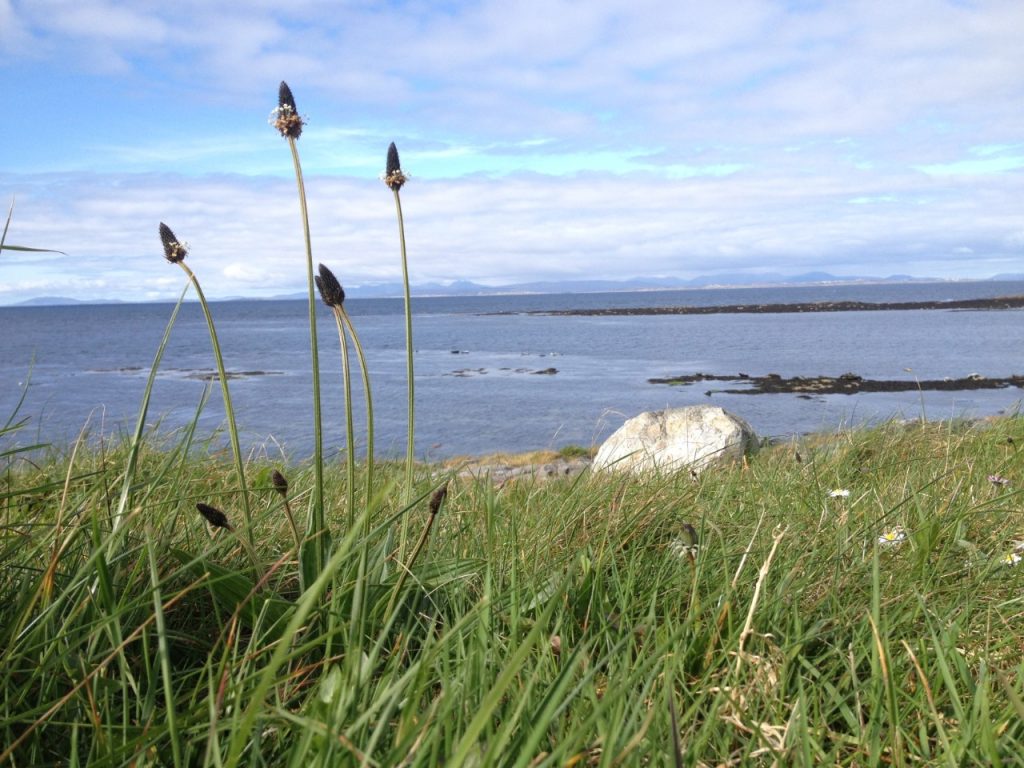
Large-scale study involving researchers from 21 countries, led by Dr. Annabel Smith, from the University of Queensland and where Aveliina from our group participated, found that plants distributed by humans who broke the rules of ecology could better cope with climate change. The research looked at a species of fleawort (Plantago lanceolata) native to Europe and also common in Estonia that has spread all over the world and wanted to know why and how this species is so successful. The study found that in its natural environment, the Plantago behaved in a regular manner and the intra-species diversity (genetic diversity) was environmentally dependent. Outside the species' natural range, this rule no longer applied, but the Plantago also grew successfully there. The authors concluded that if a species violates some ecological rules and adapts in a new habitat in an unexpected way, it may be more likely to survive there.
Smith, A.L., Hodkinson, T.R., Villellas, J., Catford, J.A., Csergő, A.M., Blomberg, S.P., Crone, E.E., Ehrlén, J., Garcia, M.B., Laine, A.L., Roach, D.A., … Helm, A. et al. 2020. Global gene flow releases invasive plants from environmental constraints on genetic diversity. Proceedings of the National Academy of Sciences. https://doi.org/10.1073/pnas.1915848117
Plantago lanceolata growing in its native habitat, Ireland. Photo: Annabel Smith
